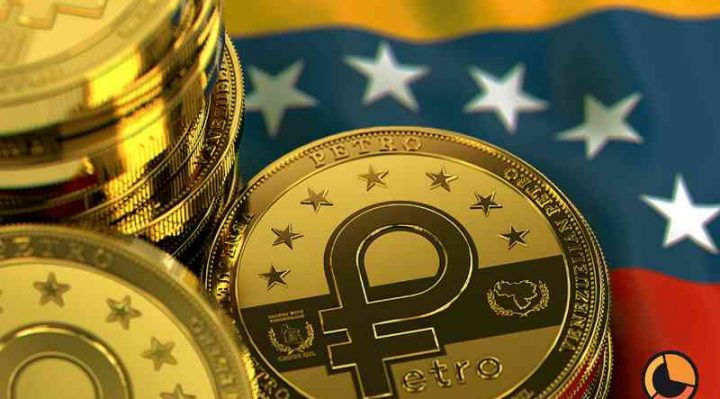
The economy of Venezuela has been on a downward spiral for decades.
As a cure to the country’s endless economic issues, the government released a national cryptocurrency called Petro. However, the new coin couldn’t solve the deep-rooted issues in Venezuela.
Venezuela
Economy of Venezuela
The economy of this South American country hasn’t been doing well in years. The economic crisis in Venezuela started during the presidency of Hugo Chavez in the late 1990s and resulted in high hyperinflation, starvation, disease and crime rates. This, of course, led to mass emigration from the country. More than 4 million people have left Venezuela by 2019.
From 1958 to the 1980s, the country was recognized as the richest on the continent. In May of 2019, the inflation rate in Venezuela was 815,194 percent. In the last six years, the minimum wage in Venezuela was increased 26 times. In January of this year, wages increased by 300 percent. The unemployment rate is already 44 percent and will reach 50 soon. Over 90% of the country lives in poverty.
Right now, the citizens of Venezuela don’t earn enough money to buy one gallon of milk. The current president, Nicolas Maduro blames the economic circumstances of the country on the economic sanctions posed by the government of the United States.
Petro Cryptocurrency
Crypto coins, despite their controversial fame, have proven to be useful in combating the failing economy of the state. For citizens of Venezuela owning crypto coins, such as Bitcoin, Ether or Stellar, was much more secure than relying on their national currency, the Venezuelan bolivar.
In March 2018, President Maduro announced the country’s new currency Bolivar Soberano. The new currency was launched in August of the same year. Bolivar Soberano is supposedly pegged to Petro, a Venezuelan stablecoin backed by oil prices.
Petro was supposed to be an instrument for the country’s economic stability and independence. Petro has a vision of creating an open and fair international financial market.
Yet, the new cryptocurrency didn’t receive a positive reaction. This month, President Nicolas Maduro ordered the Banco de Venezuela to accept Petro in order to promote its mainstream adoption.
The Banco de Venezuela is an international bank with its headquarters in Caracas, Venezuela. The Bank was founded in 1890 and has been the leader in the country’s market for over a decade.
This move by the president was one of the many that attempted to boost the new crypto coin’s performance. Just a month ago, the government granted over $92 million to the Digital Bank of Youth and Students with the intention of opening crypto wallets for the young citizens of Venezuela. They also could easily monitor the coin with a cryptocurrency tracker.
The President of the National Cryptocurrency Association of Venezuela said that the move to create a hybrid economy working with both crypto coins and traditional money was very bold and correct.
The use of other crypto coins like Bitcoin is also growing in the country. This year, the government of Venezuela released a service for Bitcoin and Litecoin transfers to citizens.
Venezuela’s main regulator of cryptocurrency, the Superintendency of Crypto-assets and Related Activities, imposed limitations on the monthly use of other crypto coins to stimulate the growth of Petro.
Cuba, one of Venezuela’s allies, is following in the country’s footsteps as President Diaz-Canel announced the upcoming launch of Cuba’s national cryptocurrency. The new coin is also meant to strengthen the country’s economy.
Overall, even though Petro hasn’t become mainstream yet, cryptocurrencies such as Bitcoin have become lifesavers in the economic climate of Venezuela. To track your crypto coins in the most efficient way possible, check out this crypto portfolio tracker guide.
Jacob
Latest posts by Jacob (see all)
- Why I Ditched Google for PrivacyWall and You Should Too - April 13, 2021
- 7 Reasons Why Privacy is Critical in Coin Collecting Software - September 22, 2020
- Andrew Anastasiou Launches LegionPay - August 13, 2020






